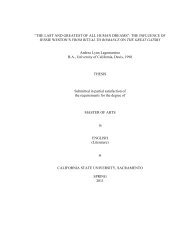Complete Thesis_double spaced abstract.pdf
Complete Thesis_double spaced abstract.pdf
Complete Thesis_double spaced abstract.pdf
Create successful ePaper yourself
Turn your PDF publications into a flip-book with our unique Google optimized e-Paper software.
Chapter 5<br />
CURRENT CONDITIONS<br />
Guatemala: Regimes, Social Conditions, Foreign Intervention; 1950-1995<br />
In Guatemala there are a wide variety of factors with the ability to influence migration;<br />
yet, for over five decades regime type, social conditions and foreign intervention have remained<br />
relatively similar. Democratic and authoritarian regimes have dealt with the same issues with<br />
similar outcomes; both types have struggled to exert civilian control over the military and been<br />
equally susceptibility to coups and to foreign influences. The social conditions in Guatemala<br />
have remained extremely poor throughout the period being examined; especially for indigenous<br />
populations, women, children, and migrants. These variables will be discussed prior to the<br />
analysis of the economic development, state sponsored violence, and migration indicators. The<br />
remaining variables will be highlighted in Chapter 6 and in Table 6.1, also located in the<br />
appendix.<br />
Controlled Variables<br />
“Guatemala is governed by two chief executives, one of whom holds a gun to the head of the<br />
other”-Juan Jose Arévalo<br />
Controlled Variable: Regime<br />
In 1950 Guatemala experienced a peaceful transition of democratically elected<br />
Presidents. Jacobo Arbenz was elected to the presidency of Guatemala, leading a center-left<br />
coalition to victory. After President Arbenz took over the presidency from President Arévalo, he<br />
continued the political, social and economic reforms begun by his predecessor. During this brief<br />
democratic period many of Guatemala’s draconian laws and practices were abolished. Under<br />
President Arévalo and President Arbenz forced labor was ended, minimum wages were instituted,<br />
the rights of workers to organize into unions was instituted, as well as the right to form political<br />
73



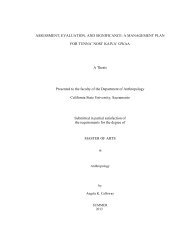
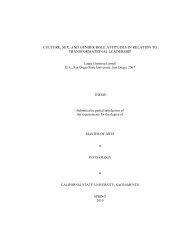
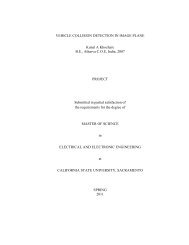
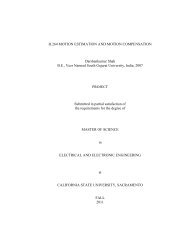
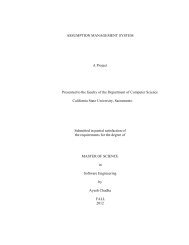
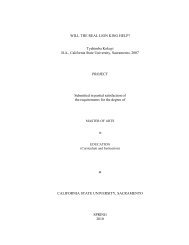
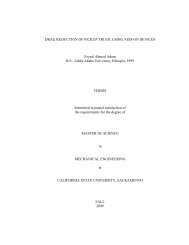
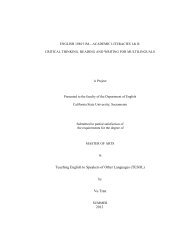
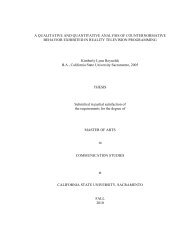
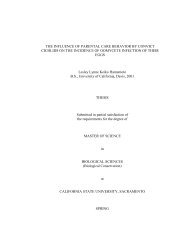
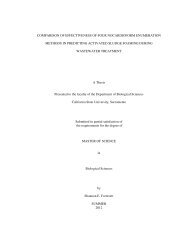
![Completed Thesis to Grad Studies[Final3].pdf](https://img.yumpu.com/17538645/1/190x245/completed-thesis-to-grad-studiesfinal3pdf.jpg?quality=85)
